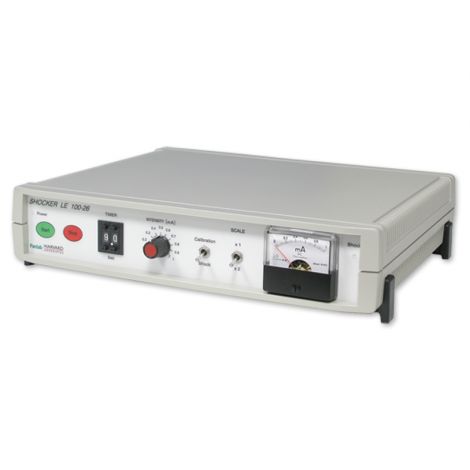Learning Memory and Attention
Memory and learning deficits, which severely alter quality of life, appear with normal aging and are associated with numerous diseases, such as Alzheimer’s disease, brain damages, Huntington's disease, multiple sclerosis, Parkinson's disease and HIV, among others. Studying learning and memory neurobiological mechanisms is therefore essential to find efficient therapeutic strategies.
To do so, various behavioral tasks have been developed in laboratory rodents and are largely validated. There are nowadays commonly used to assess learning and memory abilities in response to drugs administration and to study their neurobiological mechanisms.
Attention is fundamental to the processing of information that occurs during learning and memory. Attentional processes enable subjects to efficiently perceive or focus on certain environmental stimuli, and to ignore others.
Impairments of attentional processes result in severe cognitive and behavioral dysfunctions, and are found in various pathologies, in particular in attention-deficit/hyperactivity disorder (ADHD), the most commonly psychiatric disorder of childhood. Moreover, deficits in attention are commonly associated with schizophrenia and with age-related decline of memory performances.
Learn more about studying learning, memory and attention.
We offer a wide variety of mazes, boxes and systems to study learning, memory and attention. Please see the menu at left for our wide range of products for these studies.












